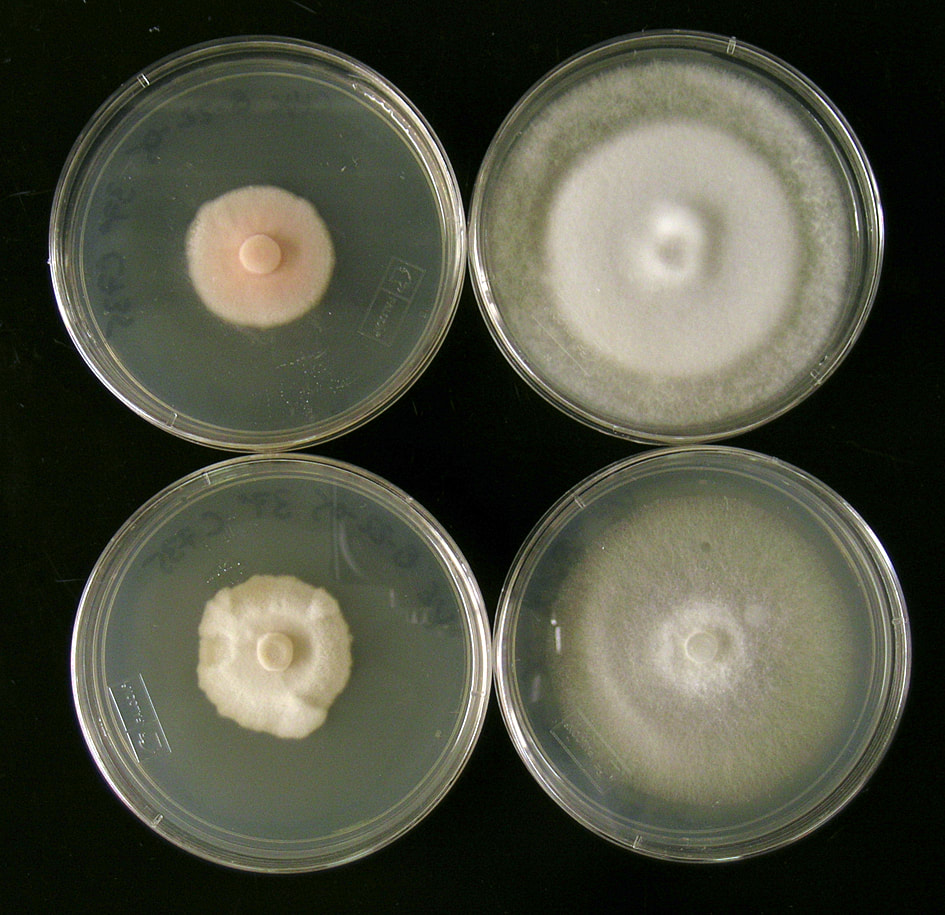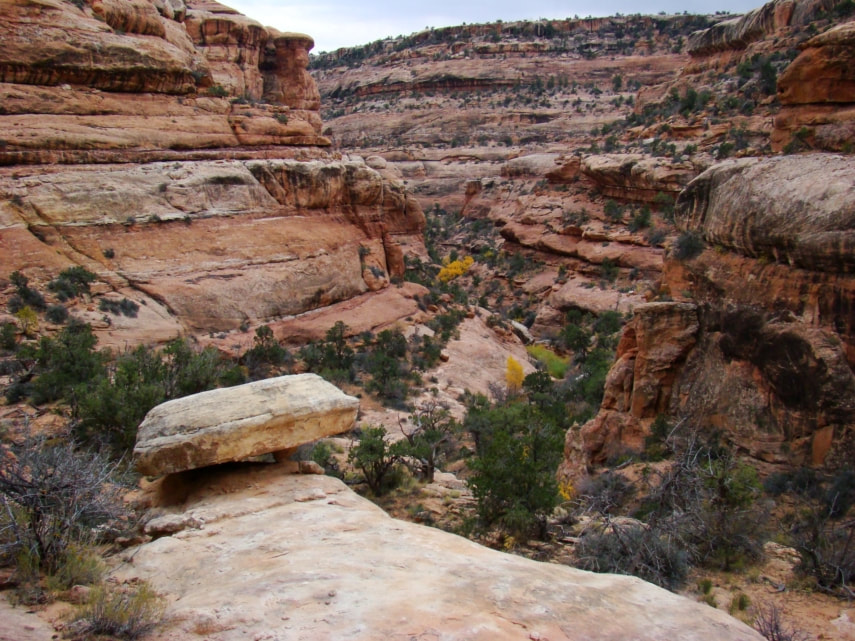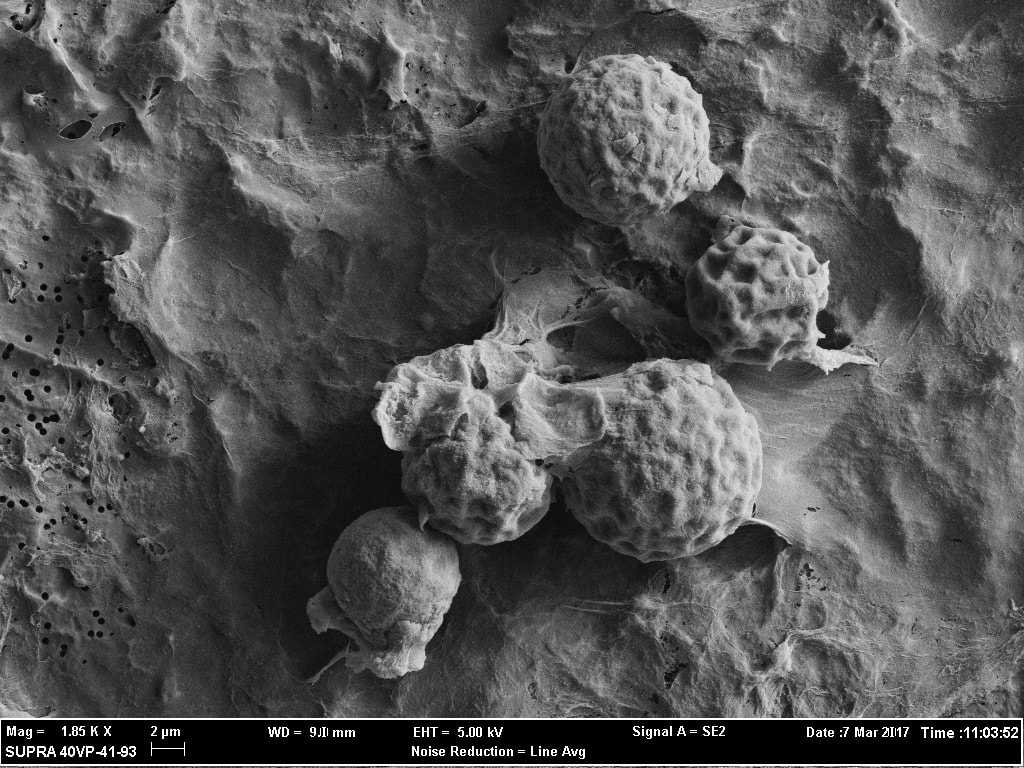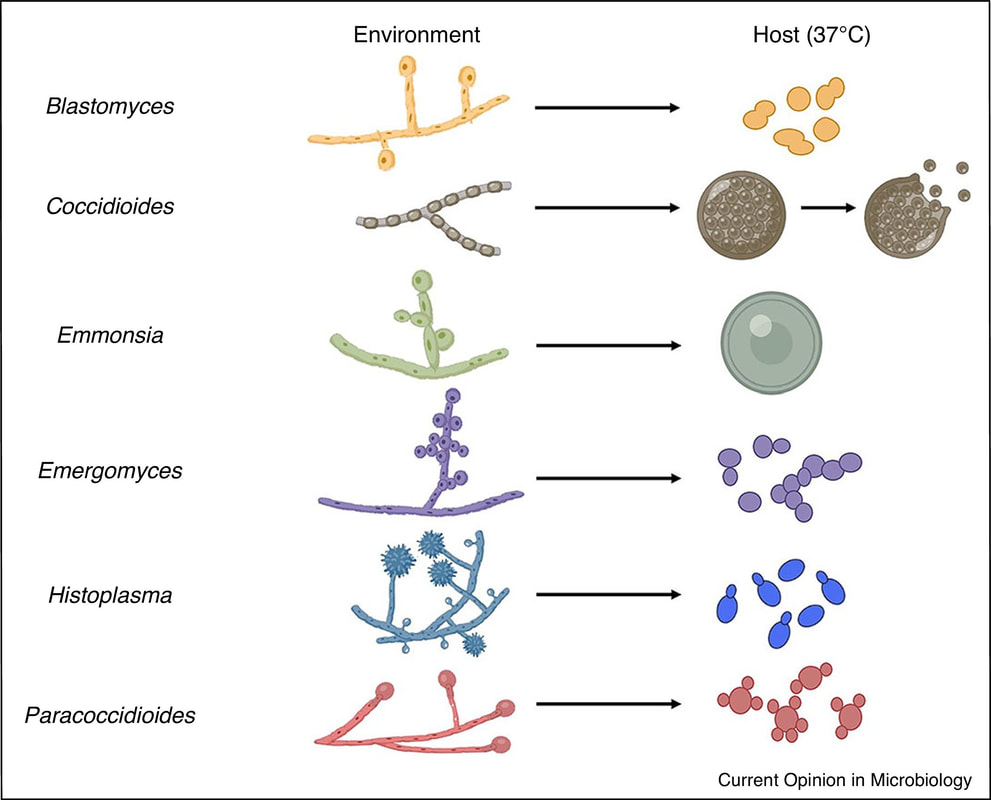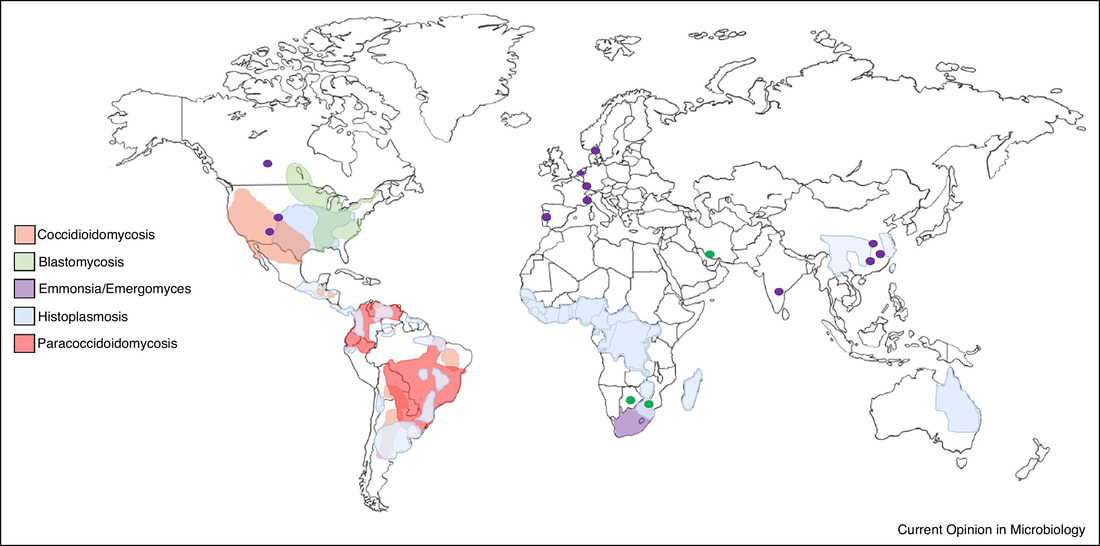When infected by Coccidioides, some people have severe Valley fever disease, whereas others won't even know they were exposed- Why?
Explore our cutting edge research program on Coccidioides
Barker Lab@PMI
@DrValleyFever on Twitter
Explore our cutting edge research program on Coccidioides
Barker Lab@PMI
@DrValleyFever on Twitter
